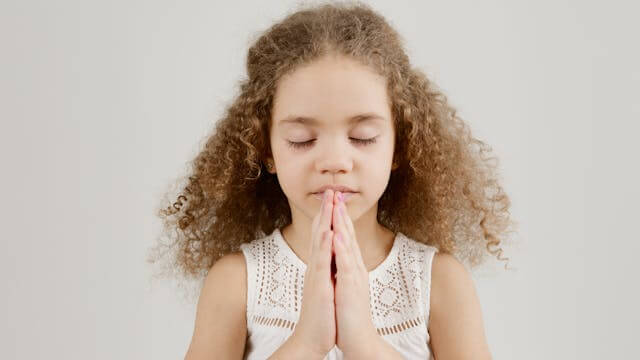The Connection Between Gratitude and Children’s Social Health
Feeling and expressing thankfulness helps children shift focus from what they lack to what they already have. This reduces feelings of envy or competition, allowing friendship bonds to take root more easily. A grateful perspective also encourages kids to share and be kind to others, which are the building blocks of strong friendships and future relationships.
A 2021 review of previous studies found solid evidence that childhood gratitude is linked to a wide range of positive outcomes. These include kinder and more helpful behavior, improved mental health, and stronger friendships.
Key Social Benefits of a Grateful Mindset
If your child regularly learns to sense and express thankfulness, several important benefits emerge. In children, the gratitude habit can:
- Promote empathy: Recognizing blessings in their own lives helps kids understand that someone else’s life might not be so great. This enables them to act helpfully.
- Encourage kindness: Grateful children know how great it feels when someone is kind to them. This, in turn, makes them more inclined to be kind to others, which naturally attracts positive social interactions.
- Build resilience: By learning to see good outcomes even when things don’t quite go their way, children can learn to handle challenges and disagreements. Gratitude helps them see that arguments are not the end of the world.
Practicing Gratitude-Based Social Skills
Beyond understanding how being appreciative benefits children, it is also important to recognize how it manifests in their emotions and actions. Gratitude is an internal feeling, so how exactly does it translate into improved social skills?
The answer is that kids instinctively learn to turn these feelings into external action. This happens best when they have opportunities to practice social behaviors. A 2022 study of 632 Chinese teens showed strong evidence of a cause-and-effect chain regarding gratitude. A positive school environment made children feel valued, and feeling valued increased the children’s gratitude. Kind social behaviors happened more frequently as a result.
Crucially, the study showed the positive environment alone didn’t lead to kindness — gratitude was the essential middle step. This demonstrates exactly how a thankful attitude in a child has a direct impact on their social skills.
A positive environment is the starting point for this chain. For many kids, the school playground during recess is one of the most fun and socially rich environments they experience. It provides the perfect real-world laboratory for this process — the sense of community and shared identity that children feel during recess can itself inspire gratitude, which in turn provides the fuel for acts of kindness, sharing, and connection.
Talk to your kid about how good it felt when someone was kind to them, and show them how, during recess, they can extend that to someone else.
Simple Ways to Cultivate Gratitude in Your Child
At home, as well as providing your little one with a loving environment, there are other ways you can encourage them to live gratefully. Popular methods include:
- Gratitude jar: Have family members regularly write down one thing they are thankful for. Pop the notes into the jar. Your child can read them any time they need a reminder of the good things in their life.
- Thank-you notes: Along with writing notes to say thank you for a gift, encourage your child to express thanks for a kindness from a friend or encouragement from a teacher.
- Mindful conversations: Use dinner time to ask questions like, “What was the best part of your day?” or “Who did something nice for you today?”
Set realistic standards for gratitude. Sometimes it can be hard to feel grateful when life is stressful. Putting your kid under pressure to always have something to put in the jar can be counterproductive. When thankfulness is routinely expected of children, it starts to feel like a chore rather than something special and wonderful.
Instead, you can practice gratitude yourself. A 2023 study found that when parents do this, it doesn’t just improve their own happiness — it directly improves family life. A parent’s gratitude creates a positive ripple effect, strengthening their child’s sense of appreciation as well. That is one of the most natural and beautiful ways to teach them about living a grateful life.
Building a Gratitude Foundation for a Lifetime
Ultimately, gratitude is more than just good manners — it’s the foundation for empathy and kindness. By making it a family value, you give your child the tools they need to build strong, positive social relationships that will help them thrive throughout their life.
- The First Thanksgiving Without Grandpa
- The Wonder of Words
- The Myth of the “Terrible Twos”: Why toddlerhood is not terrible but transformative, and how to reframe this stage with confidence.
- Kindling Kindness In Children
Cover photo by Artem Podrez

